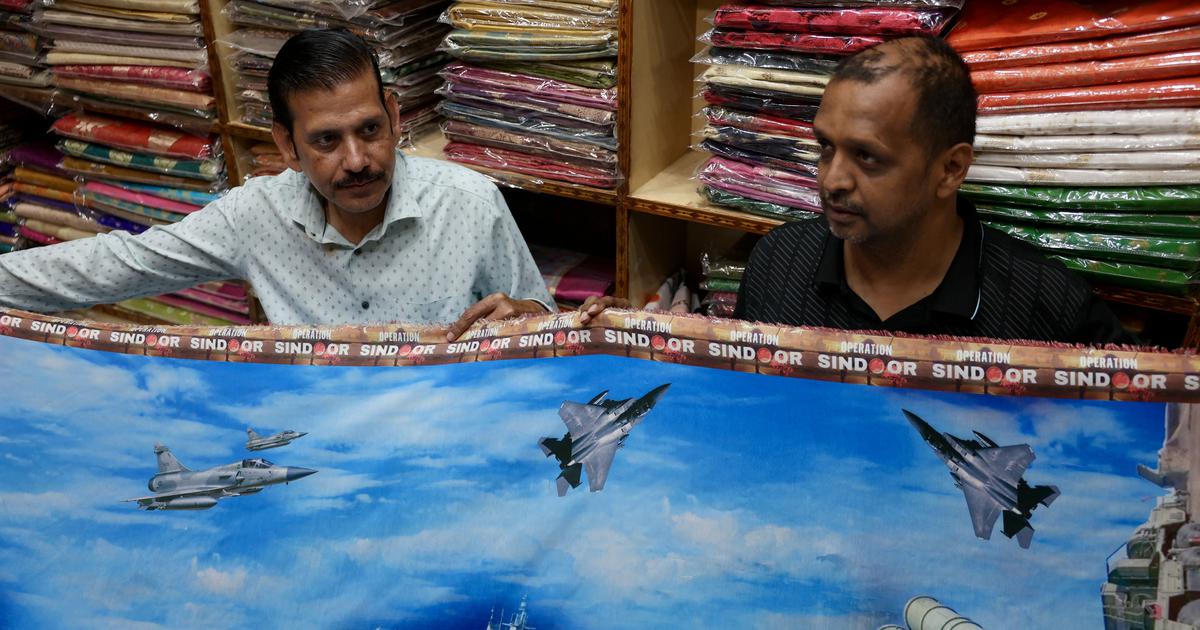How democracy is weakened when states hide their military losses

When India and Pakistan clashed in May, both sides rushed to control the narrative. Pakistan claimed it had shot down five Indian fighter jets, including three Rafales, during Operation Sindoor.
These claims were somewhat supported by international media: Reuters and CNN reported the loss of at least one Rafale based on US and French intelligence, while BBC Verify authenticated wreckage found in Bathinda, Punjab.
Yet India has not come forward with a clear account of its losses. Instead, military officials issued vague acknowledgments, offering no confirmed numbers.
This deliberate ambiguity allowed Pakistan to shape the story. Its narrative went largely unchallenged, strengthening its symbolic standing in the region. India’s silence created a vacuum filled with speculation: was it one Rafale, two or three?
The refusal to clarify did more than just cede ground in the information war, it undermined public understanding, distorted strategic assessment and potentially impaired military learning.
In an age of satellite surveillance, real-time battlefield imagery and open-source intelligence, it is nearly impossible to hide the facts of war. Yet many states continue to try. Governments that initiate or escalate military conflicts often attempt to downplay their own losses. From Russia in Ukraine to Israel in its conflict with Iran, and India in its long-running tensions with Pakistan,...
Read more
News